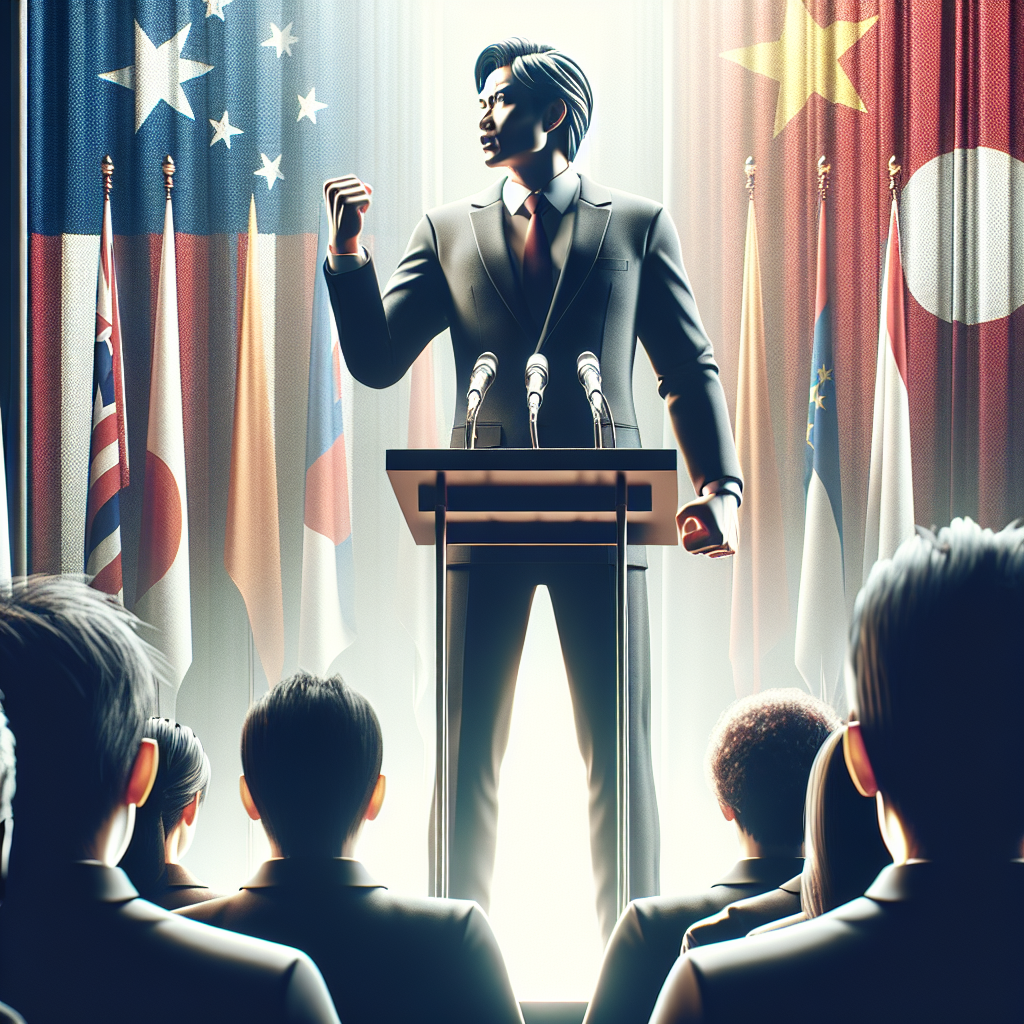South Korean President Defends Controversial Martial Law Declaration Amid Impeachment Threats
In an extraordinary speech on Thursday, South Korean President Yoon Suk Yeol staunchly defended his recent attempt to impose martial law, asserting his actions were a necessary response to what he termed "anti-state" opposition parties. Despite backlash from the opposition-dominated legislature, which is moving toward impeachment, Yoon declared, “I will fight to the end,” raising eyebrows and questions about the future of his presidency.
Last week, on December 3, Yoon’s declaration led to hundreds of troops being deployed to the National Assembly, a move intended, he claimed, to preserve national stability. “I had to do something,” he stated, adding that he had never intended to disrupt the “constitutional order.” Although he insists that his actions were lawful under constitutional powers, many critics argue that this was a direct violation of democratic norms.
The current political climate is precarious. Yoon’s own party, the People Power Party, initially thwarted efforts to impeach him but has now suggested he resign by early 2024, opening the door for a new presidential election. Meanwhile, opposition lawmakers plan to hold another impeachment vote this Saturday. Interestingly, support within Yoon’s party shows division; some members are now publicly backing the impeachment process, reflecting a growing rift among party lines.
As the nation grapples with a potential impeachment process, which could suspend Yoon from office until the Constitutional Court delivers a verdict, questions of accountability and governance are at the forefront. Opposition lawmakers contend that Yoon’s military actions were an attempt to thwart their vote against his martial law decree, a claim he vehemently disputes as “false instigation.”
Amidst the turmoil, it is important to draw on the lessons of humility and accountability that echo through history and scripture. In the book of James, we are reminded: “God opposes the proud but shows favor to the humble” (James 4:6). This principle resonates deeply in times of political strife where leaders are called to exercise power not with an iron fist, but with humility and a commitment to the well-being of the people they serve.
In this convoluted situation, as both supporters and critics voice their opinions, it may be worthwhile for all involved to reflect on the importance of dialogue and collaboration over conflict. History teaches that unity and understanding can often pave the way to resolution, echoing the Biblical call to love one’s neighbor and seek peace.
As South Korea navigates through this political landscape, the broader spiritual lesson remains clear: that true leadership shines through a commitment to service and love, prerequisites for fostering a healthy democracy. Let us, therefore, reflect on our roles within our communities and seek to embody the compassion and integrity that brings people together rather than drives them apart.
Explore and dig up answers yourself with our BGodInspired Bible Tools! Be careful – each interaction is like a new treasure hunt… you can get lost for hours 🙂


